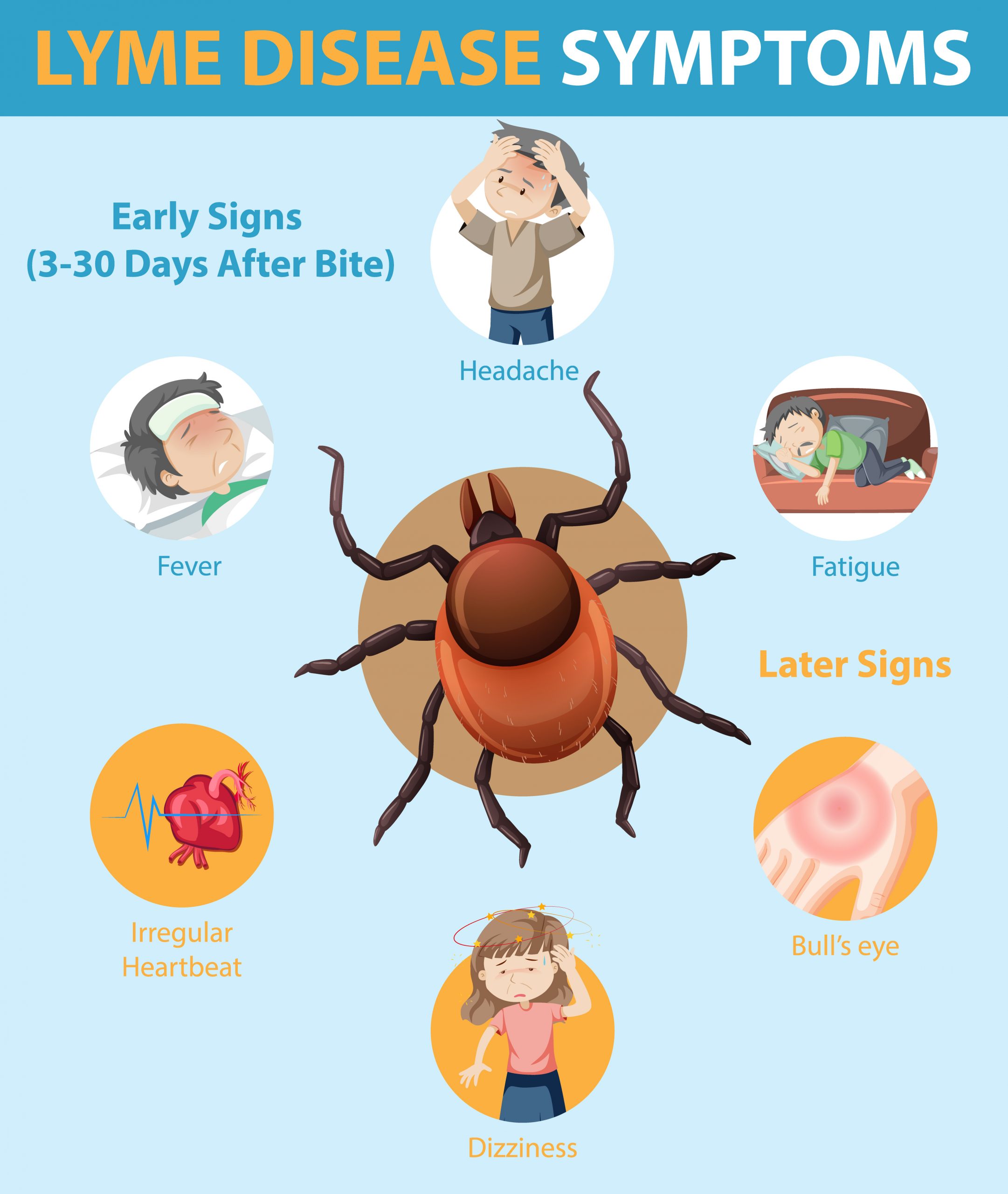
Is a Lyme Disease Vaccine in the Works?
Introduction to Lyme Disease
Lyme disease is a bacterial infection that spreads through tick bites, causing thousands of cases each year in the United States. Infected ticks carry Borrelia burgdorferi, the bacteria responsible for the illness. Although no vaccine is currently available, researchers are actively working on developing one. Early detection and treatment can prevent complications, but an effective vaccine would provide long-term protection.
Current Research on Lyme Disease Vaccine
Researchers have made promising strides in Lyme disease vaccine development. Several vaccine candidates are in clinical trials, while others are still in the early stages of research. One of the most advanced vaccines targets OspA, a protein on the surface of the bacteria. This vaccine aims to boost the immune system to recognize and fight Borrelia burgdorferi before it spreads.
Moreover, scientists are exploring multi-strain vaccines to target various Lyme disease bacteria strains. These vaccines could offer broader protection, especially in regions where multiple strains exist. Such vaccines may play a key role in controlling Lyme disease worldwide.
Challenges in Developing a Lyme Disease Vaccine
Despite progress, several challenges remain in developing an effective vaccine. One major obstacle is that Borrelia burgdorferi can change its surface proteins, making it difficult to create a vaccine that targets the bacteria effectively over time. The bacteria’s ability to hide within the body also complicates vaccine development.
Another challenge is Lyme disease’s diagnosis. The disease shares early symptoms with other illnesses, which can lead to misdiagnosis. Without early intervention, the disease can progress, causing more severe complications. This delayed diagnosis makes it harder to develop effective vaccines, as early detection is crucial.
The Future of Lyme Disease Vaccine Development
Experts remain hopeful that scientists will develop a Lyme disease vaccine in the near future. If successful, the vaccine could significantly reduce Lyme disease cases globally. It would protect individuals and help prevent the disease’s spread.
In the future, people living in high-risk areas could receive the vaccine as part of routine preventive care. Researchers are optimistic that advances in technology and research will lead to the successful development of a vaccine, though more time and trials are necessary.
Prevention and Management
While waiting for a vaccine, focusing on prevention is vital. People can reduce their risk of Lyme disease by avoiding tick-infested areas, using insect repellents, and wearing protective clothing. After spending time outdoors, check for ticks thoroughly, as removing them early can prevent infection.
If you suspect a tick bite or notice symptoms like a circular rash or flu-like feelings, seek medical attention right away. Early treatment with antibiotics can prevent long-term complications and help manage the disease effectively.
Conclusion
Lyme disease remains a significant health risk, but researchers continue to make progress toward a vaccine. Until an effective vaccine becomes available, prevention through tick avoidance and early treatment is crucial. If you live in or visit areas where Lyme disease is common, talk to your healthcare provider about ways to lower your risk.
For more information Click Here


